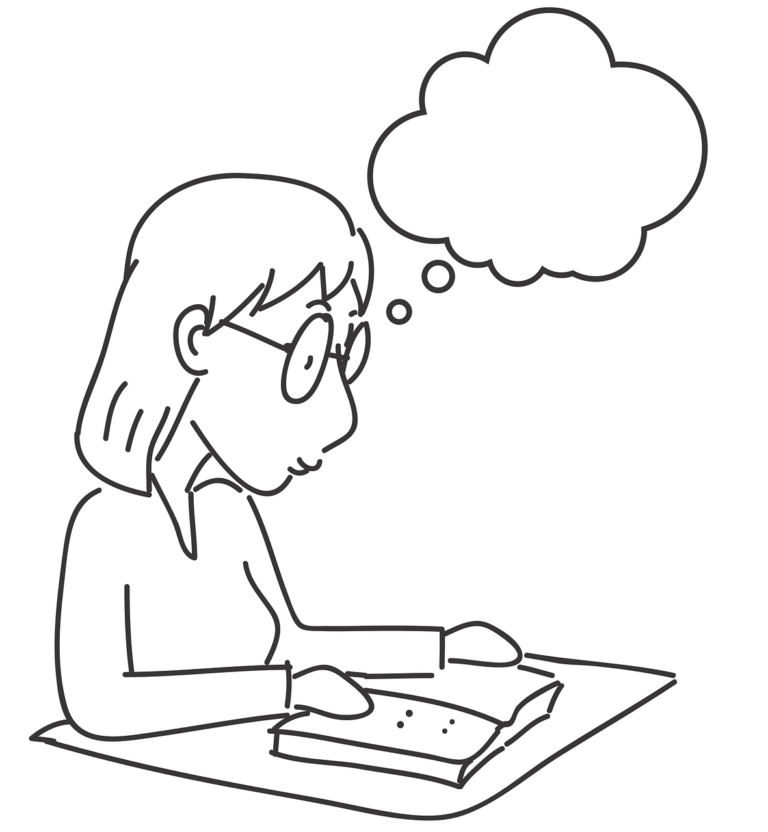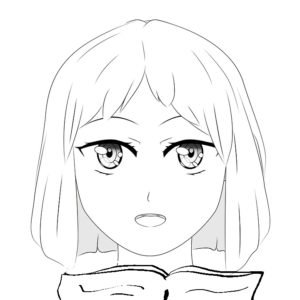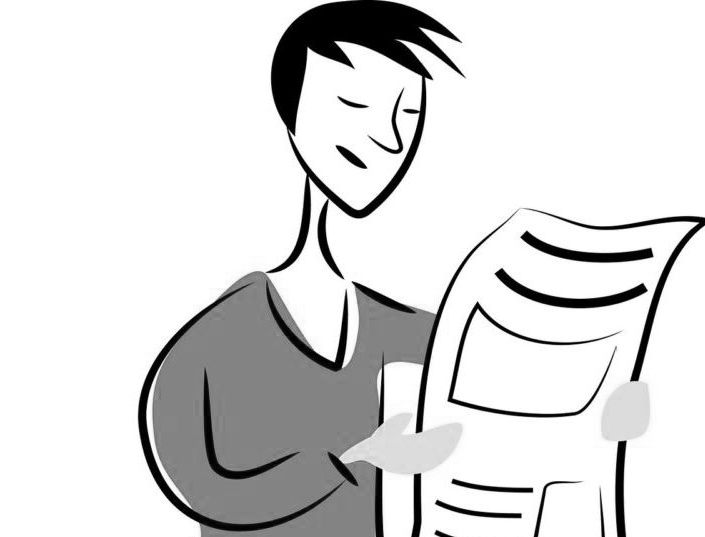It is normal for a person to be anxious. Anxiety often triggers whenever an individual encounters distressing and aggravating experiences or events in their lives. It is basically a part of a person痴 innate response to life problems and worries. Anxiety is also one way of indicating possible dangers that might happen.
However, it is no longer normal if the anxiety condition comes with extreme worrying and fear that prevents a person from living the accustomed life they would want to. When this happens, that person may have developed an anxiety disorder.
Today, having or experiencing anxiety disorders is quite common among stressed individuals. Fortunately for people diagnosed with anxiety disorders, there are already a number of compelling treatments for these types of conditions. As such, knowing the basic anxiety information will aid people in the foremost details of this disorder.
Defining anxiety disorder
Anxiety disorder generally covers different types of aberrant forms of phobias, fears, and worries. One may have sudden worrying attacks for no reason at all. A person may experience consuming panic attacks that often trigger without any warning. Anxiety may also come in the form of compulsions and obsessions, or one may develop a phobia of a situation, event , or object that normally do not bother other people.
Although anxiety disorder comes in many types and forms, it is basically the same in one thing: they are persistent and they trigger quite powerfully. The severity and cycle of these anxiety disorders can be disruptive, immobilizing, and distressing.
Signs of anxiety disorders
One of the most important aspects of basic anxiety information is to know the symptoms and signs of this condition. Anxiety disorders have varied physical and emotional symptoms.
Emotional or psychological signs include:
1. Dread and uneasiness
2. Avoidance
3. Irritability
4. Strong desire to escape
5. Confusion
6. Jumpiness or nervousness
7. Insecurity
Physical symptoms include:
1. Chills
2. Shortness of breath
3. Fatigue
4. Insomnia
5. Headache
6. Muscle tension and aches
7. Clammy hands
8. Heart palpitations
The symptoms enumerated above are only a few of the common emotional and physical indications of having an anxiety disorder. Since there are quite a number of physical symptoms associated to anxiety disorders, some people tend to assume that they have health issues. Hence, it is really best to know the many physiological aspects of anxiety to avoid confusion.
Treating Anxiety
People who are suffering from anxiety disorder have really no excuse for consulting their conditions because there are a lot of acknowledged treatments today that are actually quite effective. Among the top recommended treatments for anxiety are cognitive-behavioral therapy and medication.
1. Medication
Most doctors prescribed medications like anti-anxiety and anti-depressant drugs as short term treatments for anxiety. Medications are recommended among patients suffering from this condition as they act as supplementary treatments once other types of therapies are taken. However, anxiety drugs and medications may become addictive when abused.
2. Cognitive-Behavioral Therapy
One very effective form of anxiety treatment is the Cognitive-Behavioral Therapy or CBT. This treatment aims to change the behavior and cognition patterns of a person suffering from severe case of anxiety. This treatment is generally conducted within 12 to 20 weeks, with the patient undergoing either in an individual or group therapy.






